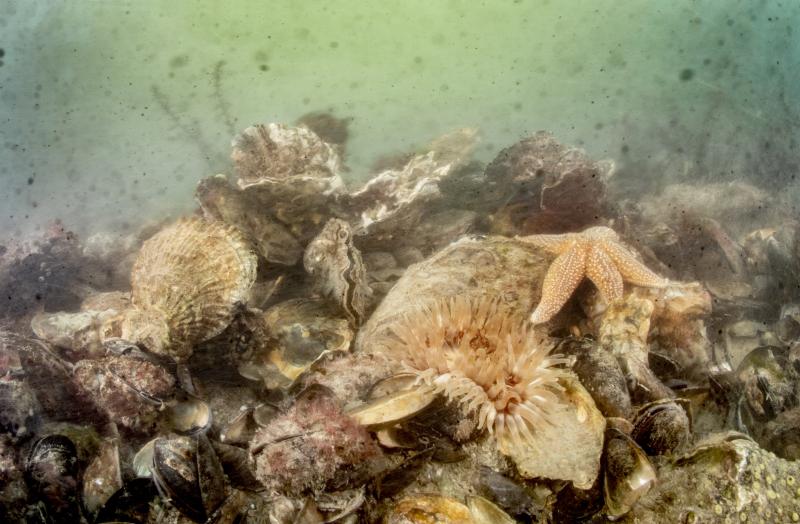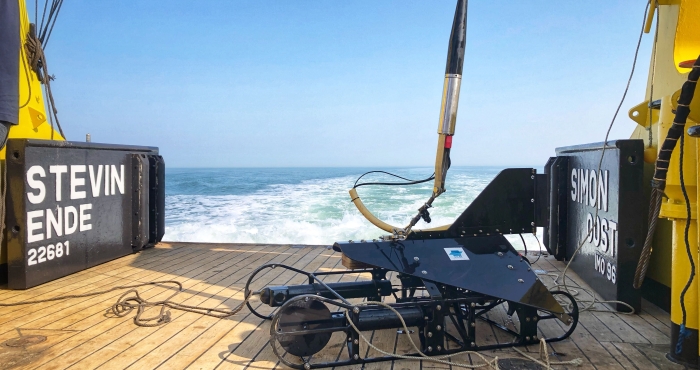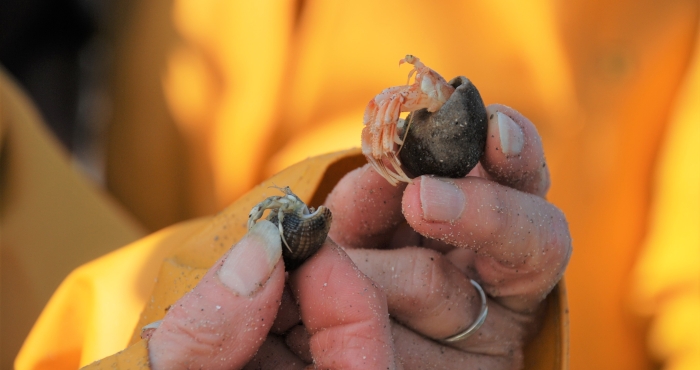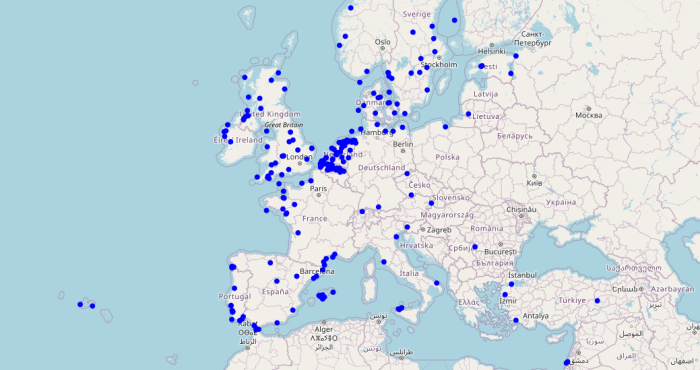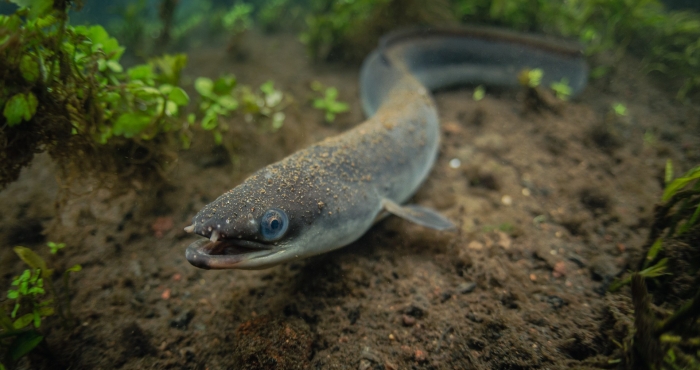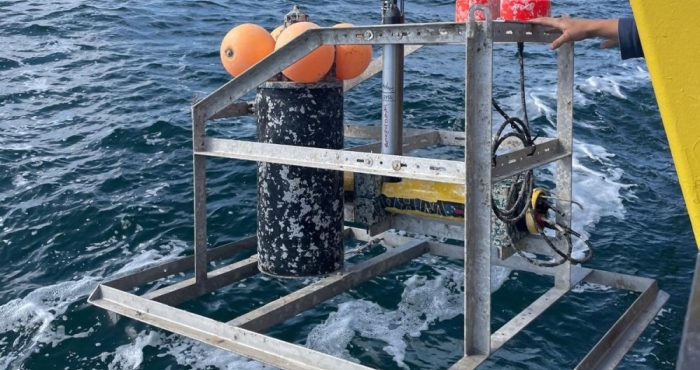
Marine
The oceans, seas and their ecosystems are essential, they provide the base of the food web and fisheries, support the blue economy, and play a critical role in regulating the Earth's climate. In LifeWatch we have a marine observatory that studies different components of the marine ecosystem, study migrating the behaviour and migration of birds and fish, and we host international data systems of global importance.
Why do we study Marine
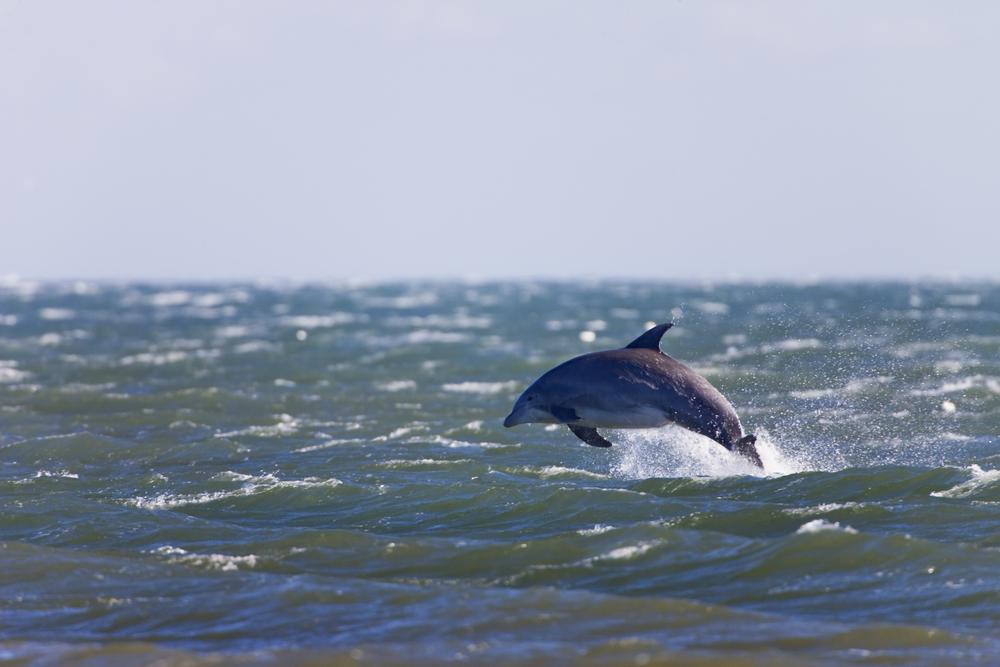
Marine systems and their biodiversity provide us with a range of valuable ecosystem services, including food supply, storage of heat and CO2, production of oxygen, as well as recreation and tourism.
Marine biodiversity includes the wealth of life in seas and the ocean, from marine mammals and fish to algae and microscopic organisms. This diversity of life is crucial for the functioning of marine ecosystems and biogeochemical cycles of carbon, nitrogen and oxygen, among others. However, the marine environment is changing rapidly by climate change, overexploitation, habitat destruction and invasive species. We need to understand the impact of these changes on the marine ecosystems.
In LifeWatch, we have an innovative marine observatory that studies multiple components of the marine ecosystem to understand the impact of a changing environment, human interactions and migration patterns in order to support the sustainable management of the marine ecosystem. Additionally, we host and maintain marine biodiversity databases of global importance that are used by a wide variety of stakeholders. Citizen scientists collect thousands of shells on a yearly basis.
What we do in LifeWatch
In LifeWatch we have a marine observatory. As part of this observatory, we collect long-term environmental monitoring at the Belgian part of the North Sea and apply at the same time innovative imaging techniques to measure plankton abundance and diversity and we collect genomic samples for further processing.
At specific locations we install frames on the seafloor with a multitude of sensors that detect acoustic signals, from underwater mammals or from acoustic tags attached to fish. In the air we collect bat calls, and we track birds with GPS trackers. For more information, see the innovative approaches below.
The data from these observations is shared as soon as possible in an open way, and we host several data systems that bring together data at a European level. LifeWatch Belguim hosts the European node of the Ocean Biodiversity Information System (EurOBIS), that brings together species occurrences of all marine species. This standardisation is supported by the global overview of marine species in the World Register of Marine Species (WoRMS), and a global database on place names and areas (Marine Regions).
